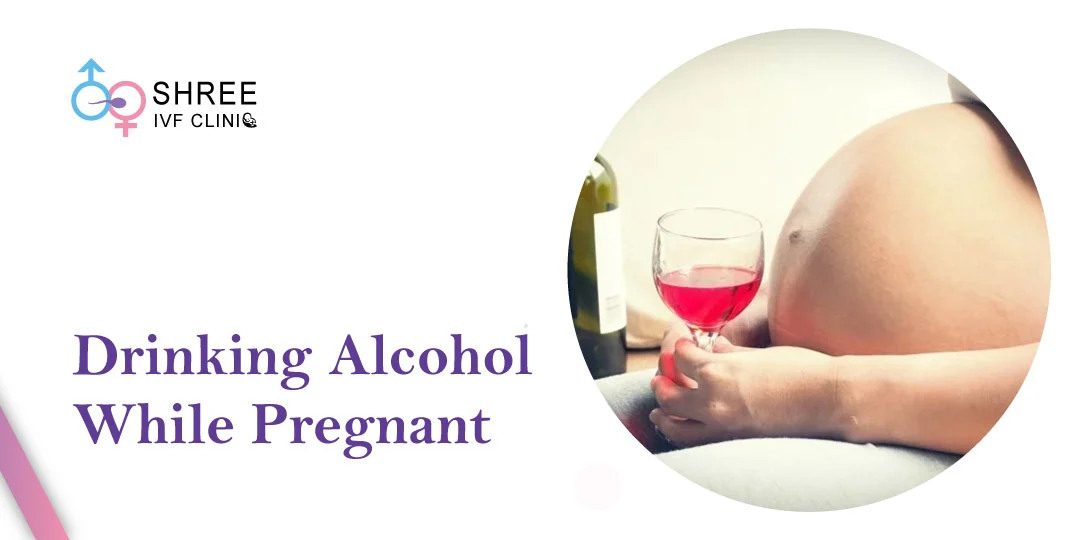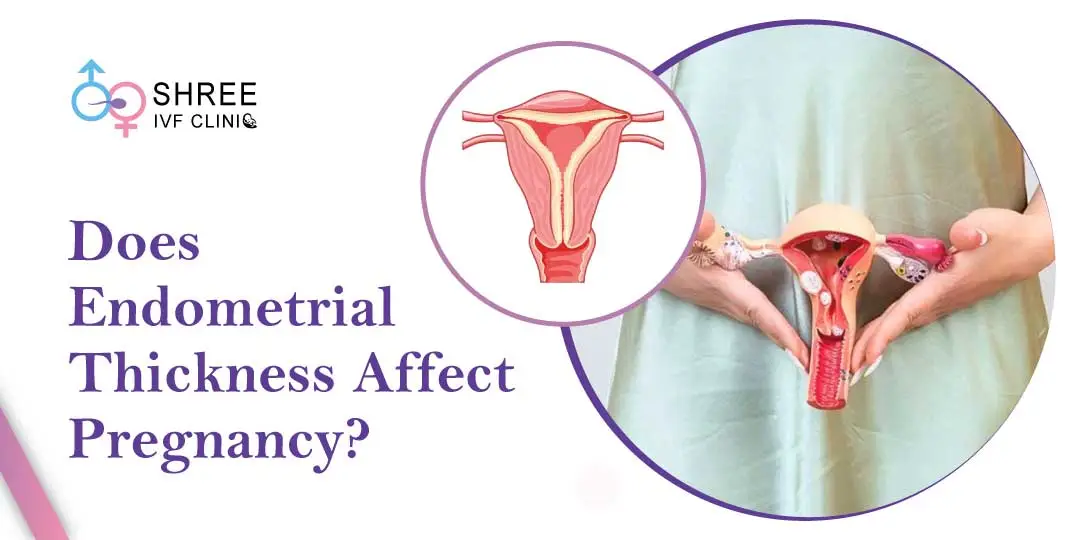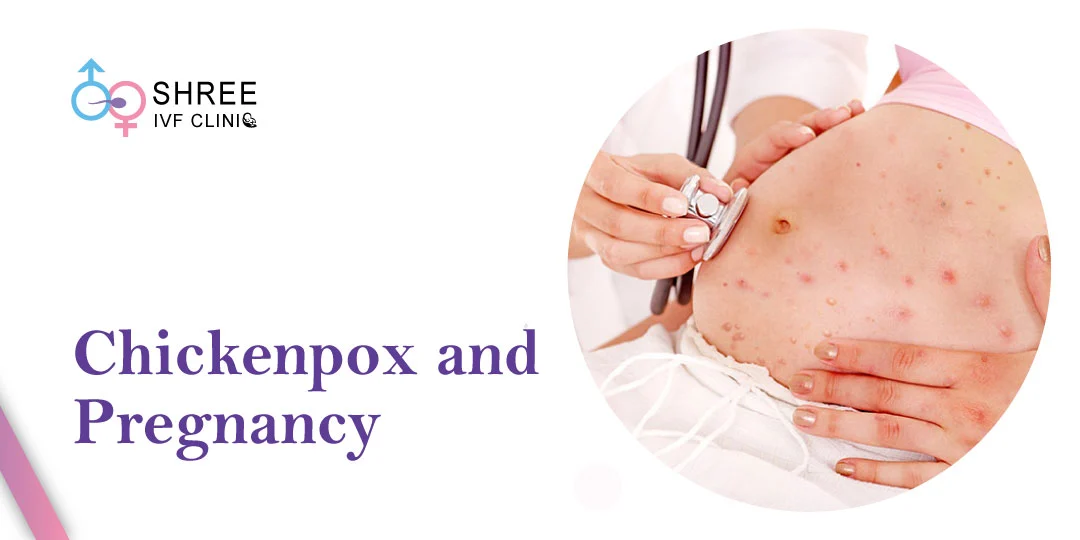Drinking in Early Pregnancy Without Knowing: What You Should Know
UPDATED ON 4TH JAN. 2025
Pregnancy is an exciting journey, but sometimes, it can come as a surprise! Many women don’t realize they’re pregnant until weeks or even months later. If you’ve had a drink or two before finding out, you might be worried about how it affects your baby. Let’s unpack this topic step by step, in a way that’s easy to understand—like a fun story your younger self would enjoy.

AUTHOR
Dr Jay Mehta
Scientific Director & IVF Specialist with 10+ years of experience
CONDITION
GET IN TOUCH ON
Imagine a Tiny Garden Growing Inside You 🌱
Think of pregnancy as planting a magical seed in a tiny garden inside your body. Once this seed (the baby) is planted, it starts to grow roots and shoots. In the very early days, the seed is protected in its cozy little shell, which shields it from outside harm—like alcohol. This early stage is called the “all-or-nothing phase.”
The All-or-Nothing Phase: Nature’s Safety Net
In the first two weeks after conception (before most women even know they’re pregnant), your body has a clever system in place. During this phase, the baby is not yet connected to your bloodstream through the placenta. It’s like having a plant that hasn’t sprouted roots—it gets its nutrients from the seed itself, not the soil.
If alcohol enters your body during this time, it usually won’t harm the baby. The body either:
- Protects the pregnancy so it continues to grow.
- Ends the pregnancy naturally if something goes wrong.
In simple terms, it’s an “all-or-nothing” situation: either the baby is unaffected, or the pregnancy does not continue
What Happens After the First Two Weeks? 🍼
Alcohol and Baby’s Development: A Delicate Balance
Imagine a tiny sculptor working hard to create a beautiful statue. This sculptor is your baby’s body, building organs, muscles, and a brain. Alcohol can act like a sudden gust of wind that disturbs the sculptor, leading to mistakes in the design.
The most critical time for this sculpting process is during the first trimester (weeks 3-12). During this period, the baby’s brain, heart, and organs are forming. Drinking during this time could increase the risk of:
- Miscarriage: The pregnancy might end naturally.
- Fetal Alcohol Spectrum Disorders (FASD): This can cause physical differences, learning difficulties, or behavioral challenges in the child.
“But I Only Had One Drink!” 🍷
Let’s break this down with an analogy.
Imagine you’re painting a delicate piece of art. A tiny splash of water might smudge the painting a little, but it won’t ruin it completely. Similarly, one or two drinks early in pregnancy, before you knew you were pregnant, are unlikely to cause harm. The risk increases with:
- Frequent drinking (more than one drink a day).
- Binge drinking (4 or more drinks at one time).
I Didn’t Know I Was Pregnant—What Should I Do Now? 🤔
- Stay Calm: Stress can harm your body more than that glass of wine you had last weekend. Remember, the early phase often has natural protections in place.
- Stop Drinking Immediately: Once you know you’re pregnant, avoid alcohol completely. The less exposure, the better for your baby.
- Consult Your Doctor: Share your concerns openly. Doctors are like detectives—they can help assess your situation and provide guidance without judgment.
- Focus on Healthy Choices: Start eating a balanced diet, taking prenatal vitamins, and staying hydrated. This can make a big difference in your baby’s growth.
Fun Analogy: Building a House 🏡
Think of your baby as a house under construction. In the early days, the foundation is being laid. If a small crack happens during this phase, it might fix itself as the building progresses. But as the house goes up, every detail matters more. By avoiding alcohol, you ensure the walls, windows, and roof are sturdy and perfect.

4,790+
379K+
Myth-Busting: Alcohol and Pregnancy 🍻
Let’s clear up some common myths:
- Myth: A little alcohol won’t harm the baby.
Fact: There is no proven safe amount of alcohol during pregnancy. Even small amounts can increase risks.
- Myth: If you drank before knowing, the pregnancy is doomed.
Fact: Many women drink early on without knowing and go on to have healthy babies. Early risks are often low.
- Myth: Only heavy drinkers have to worry.
Fact: While heavy drinking is riskier, any alcohol exposure can affect the baby.
The Happy Ending 🎉
Most women who drink in the very early stages of pregnancy go on to have healthy, happy babies. The key is recognizing the situation and making healthier choices moving forward. Think of it as giving your tiny sculptor the best tools to create their masterpiece!
If you’re ever in doubt, remember this: your doctor is your partner on this journey. Don’t hesitate to ask questions or seek help. Your baby’s magical garden is a work of art, and together, you’ll make it bloom beautifully. 🌸
AUTHOR
Dr Jay Mehta
Scientific Director & IVF Specialist with 10+ years of experience
CONDITION
CALL US 24/7 FOR ANY HELP
GET IN TOUCH ON
Share Article on
Recommended Reading
Endometriosis Thickness and Its Impact on Pregnancy
A good endometrial thickness (8-14 mm) is essential for pregnancy, especially in women with endometriosis. Learn how it impacts fertility and conception
Is Chickenpox Dangerous in Pregnancy?
Chickenpox in pregnancy is risky for the unvaccinated, yet if you’ve had it previously, your strong immune defenses protect both you and your baby
How Common Is Recurrent Miscarriage?
Recurrent miscarriage is not as common as a single miscarriage but still impacts many families. About 1% to 2% of women experience multiple miscarriages




